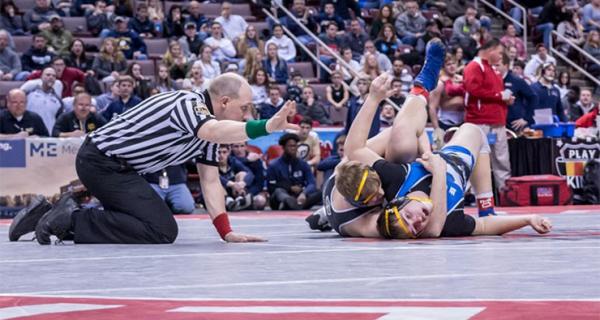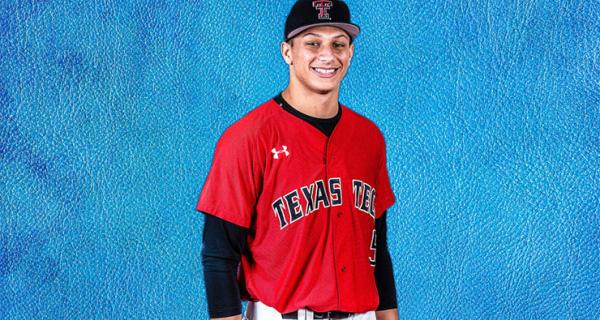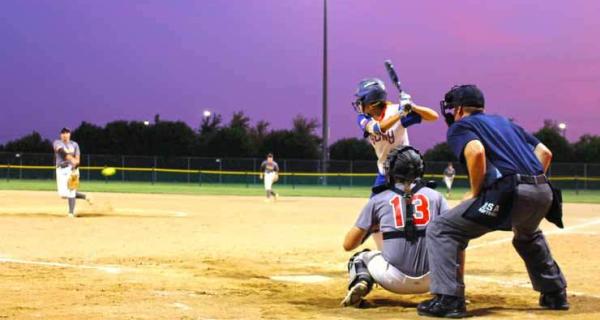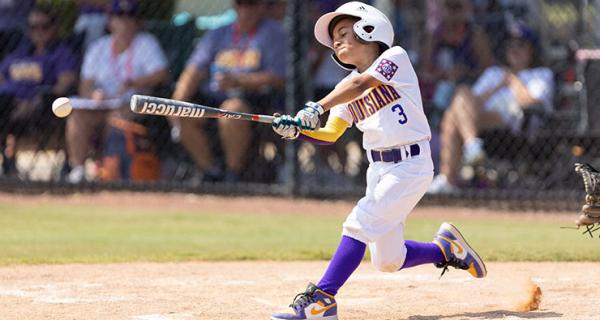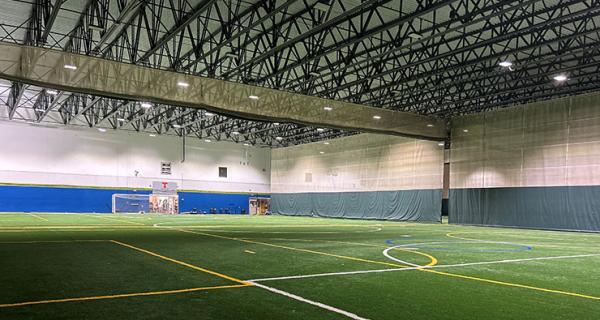Aaron Golub Was the First Legally Blind College Football Player—He Is Still a Leader
Golub shares how he found his niche at Tulane University through hard work and leadership. Just don’t call him an inspiration.
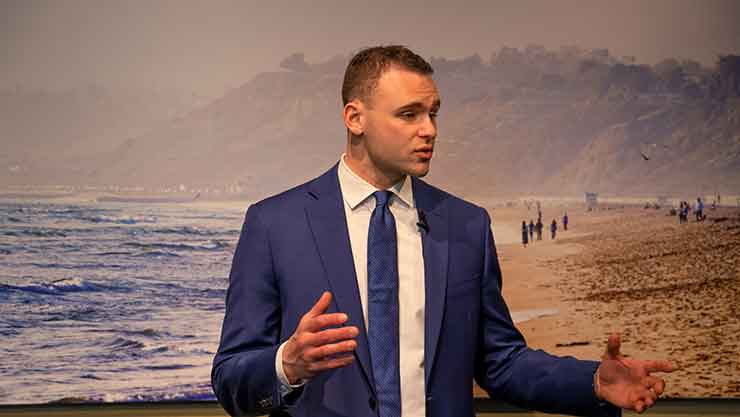
Aaron Golub's journey from a visually impaired young boy to the first legally blind Division I college football player is a testament to dedication and perseverance. His groundbreaking accomplishment achieved at Tulane University not only shattered barriers but also continues to inspire individuals facing their own adversities.
As a leader both on and off the field, Golub has taken a seeming disadvantage and turned it into a strength. As a speaker and entrepreneur, his message is to be the best you can be no matter the circumstances. Indeed, Golub would much rather discuss the hours he put in to become an elite long snapper and team captain than his vision.
Here, Golub shares his remarkable story that resonates today during his keynote speeches, workshops, and consulting work he does with organizations looking to build leaders.
How did you get into playing football?
I tried all the different sports growing up—baseball, basketball, everything out there—and nothing was the best fit. I always loved watching football and wanted to try playing, so in seventh grade I started to play football. At the time, I wasn't very good; I wasn't playing a ton. But at that stage, it was just learning the game and being on the team.
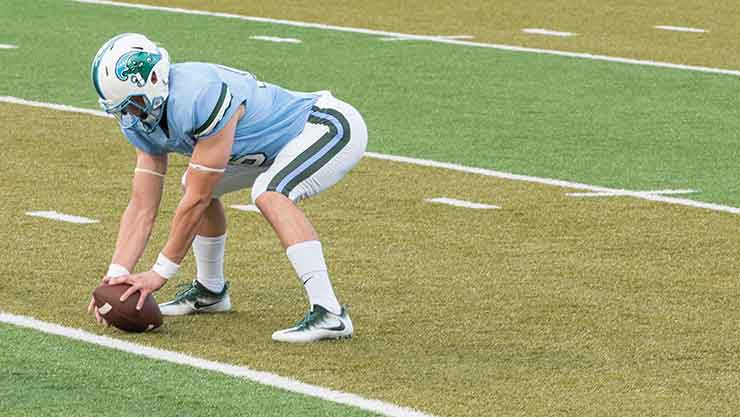
How do you play football when you're legally blind?
You can’t be a wide receiver or quarterback, but the position that was the best fit for me was long snapper. I got really, really good at that niche position. I would snap the football and have it go exactly to the pointer to the holder, and it's muscle memory once you get good enough.
How did your parents react when you decided to go all in on football
My parents were absolutely nervous and concerned in the beginning, because it's something that's unknown. But as I kept going there, they realized that it was something that I needed and that I wanted for myself. When I was a sophomore in high school and wanted to develop a long snapper, every single morning I would go to school with my dad to practice at 5:30. He would go catch my snaps and help me get better.
Describe how your teammates took to having a blind player on the squad.
I think that it definitely took some people time. The thing that I always instilled in myself was to do the work that no one else is willing to get the results that no one else was able to do. Once I started practicing every day and lifting weights every single evening after practice, and I became bigger, faster, and stronger than everyone else on the field, it was really hard for them to discredit that. They saw how good I was getting because I was putting in five to 10 times the work that everyone else around me was putting in.
How did you win a spot on Tulane’s football team?
When I was going through the recruiting process, I wasn't willing to wait for coaches to come to me. I contacted every single college coach in the country. I called and emailed all of them until they told me to stop or told me to grow up. I showed up on more campuses than I can count and just knocked on the doors and football offices and eventually got an offer to play.
What did you think when news spread about making Tulane’s team?
I got a lot of media attention. I was on Good Morning America. I was on tons of different things. And I was really against all that for a very long time because I had no interest in being this inspirational story. I wanted to play football and I didn't want people to think I was a charity case. I want people to understand that I made it there because I was good enough to be there.
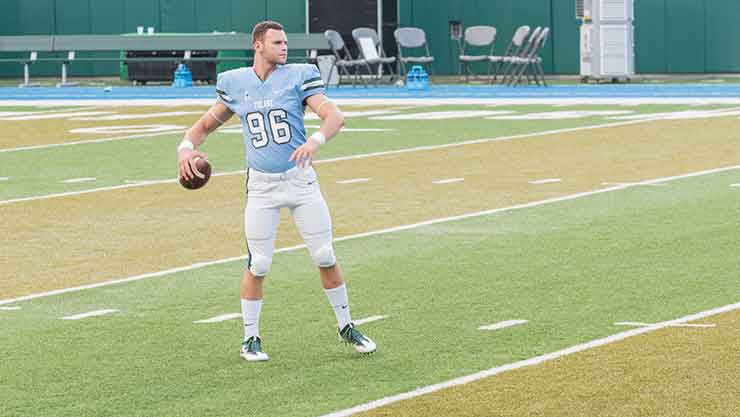
At Tulane, you ended up having to prove yourself again. Talk about those circumstances that ultimately led to you becoming the team captain.
Our coaching staff was fired when we went 3-9. So when the new coaching staff came in, I was very nervous and concerned. The new coach, Willie Fritz, was concerned as well because he had never worked with someone like me. We came to an agreement that we will give this a shot. My No. 1 was focused more on the team than on me. My goal was to make myself so valuable that the coach would never let me go. My focus every single day was being the best leader and teammate that I could be so we could turn around this program. When you focus on that for two or three years, it gets noticed.
Do you consider yourself an inspiration now?
I do not consider myself an inspirational or motivational speaker. But the point the coach had is if I can use my message and story to help impact one other kid who's going through something or a disability, whatever that looks like, it's worth doing because I might change the course of their life through my message and background.
Now there are more opportunities for young athletes with disabilities. Would you have gone down a different path with those choices?
There are a lot more opportunities now than 10 years ago, absolutely. But if those opportunities were there, I still wouldn't have taken any of them. This is going to sound bad to some people, but I had no interest in being the top player on a beep baseball team or a blind football team. I wanted to be a good player on a Division I team with the best athletes in the world. There's nothing against all those people who do that. That's incredible. I have all the respect in the world for it, but, you know, my goal was to do something that was just different.
Do you think you're a born leader? Or did circumstances turn you into a leader?
I think leadership is a skill that can be learned. I don't know if I was a born leader. Truthfully, I think that I always had a chip on my shoulder. Being the legally blind kid caused me to work harder and smarter and to push myself in different ways and ultimately push other people around me. And I think that is something that developed throughout the years. I'm so thankful and grateful that I was born legally blind. It’s the best thing that's ever happened to me because I think that if I weren’t legally blind, I don't know if I would have played at the level I did and I don't think I'd have the businesses I have.
How has your athletic career translated over to your professional life?
I consider myself a professional speaker and consultant. When I go into companies or associations or professional sports teams to give a keynote or lead a workshop, or do longer-term consulting, I work with clients on things like overcoming adversity and leadership development or teamwork. But I'm not going in as a motivational speaker.
In my opinion, motivational or inspirational speakers always get capped at a fee or level because anyone can inspire and motivate an organization. Ninety minutes later, two days later, or a week later, that motivation doesn't last. What lasts is if you can go in as a speaker and actually solve a problem. So if I'm going in to talk on leadership, can I actually go into a company to solve a problem on leadership?
What are some key messages you have about leadership?
Personally, I think more people need to find gratitude within their lives. Despite what you're going through, if you can find a sliver of gratitude within it, then I think it changes your life and the people's lives around you because you become happier, healthier, more fulfilled, and you become a better leader.
Photos courtesy of Aaron Golub


